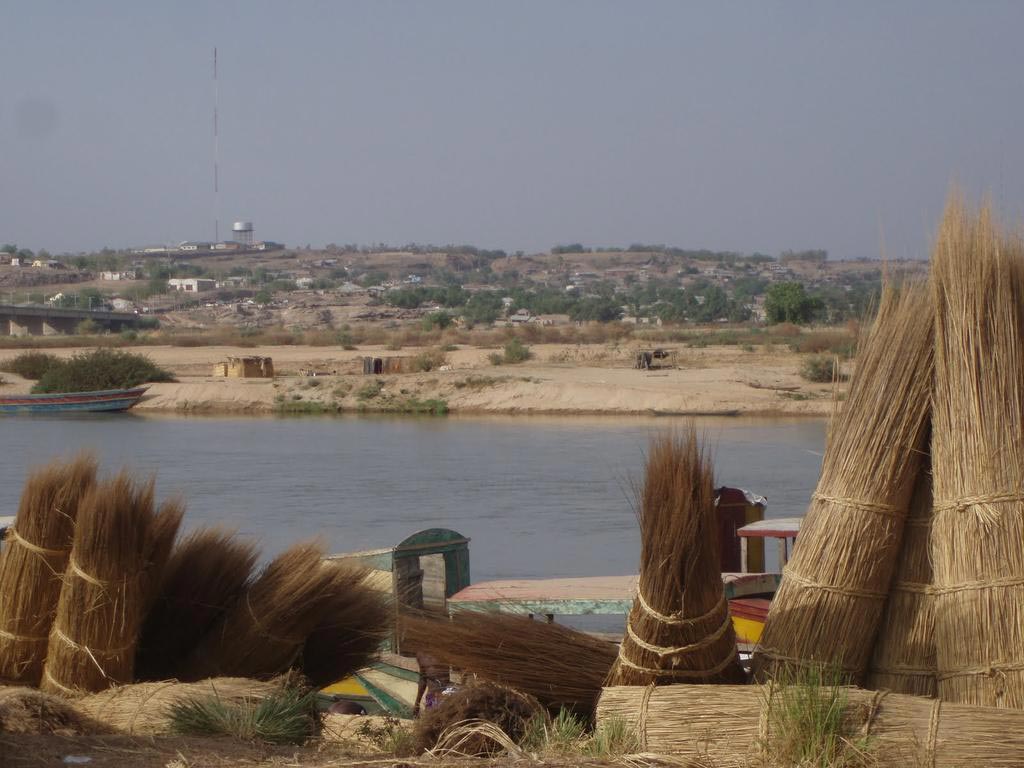Studies have projected that with an accelerated sea level rise of 0.5 meters, 35 per cent of Niger Delta region would be lost and that with accelerated sea level rise of 1.0 meters, 75 per cent of the Niger Delta will be gone under water.
Given the scenario, the Minister of Environment, Mrs. Lawrencia Mallam, said the implication of this projection was that nearly 32 million people, representing 22.6 per cent of the nation’s population who live along the coastal zones of the Niger Delta, were at risk of becoming environmental refugees.
The minister, who stated this during the World Environment Day, WED, celebration in Abuja, based her prediction on growing climate change worldwide.
She said such forced movement could result in social frictions arising from demands of land resources for economic activities by the refugees.
The theme of this year’s WED is ‘Raise your voice, not the sea level.’ The minister said the theme was targeted at addressing climate change and the impact of sea level rise on the environment.
Her words: “With an accelerated sea level rise of 0.5 meters, 35 per cent of the Niger Delta landmass would be lost and with accelerated sea level rise of 1.0 meters, 75 per cent of Niger Delta will be gone under water.
‘’Given this scenerio, it implies that nealy 32 million people, representing 22.6 per cent of the national population who live along the coastal zone, are at risk of becoming environmental refugees.
‘’Moreover, many fishing grounds will be adversely affected, thus threatening the major livelihood of the rural dwellers along the Nigerian coast.
‘’This is because the mangrove swamps provide breeding grounds and refuge for many fish species and the instructionof saline water due to sea level rise will have an undesirable consequence on fresh water resources of the affected areas.’’
Africa, which accounts for the majority of least developed countries, LDCs, in the world, is highly vulnerable to climate change and variability, according to the minister.







